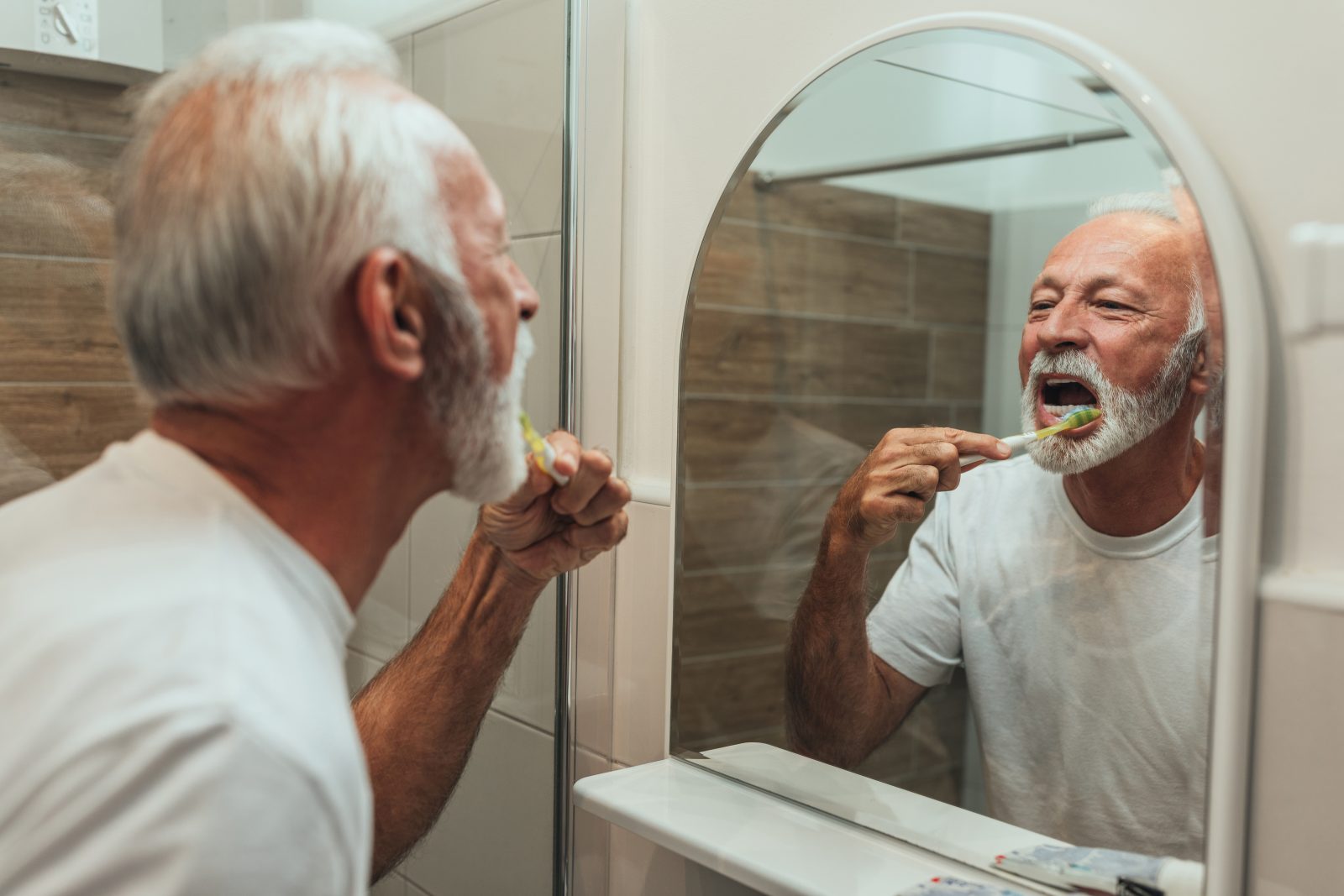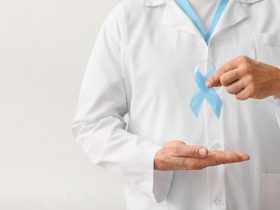Maintaining a fresh and updated hygiene routine is crucial to avoid issues like body odor, bad breath, and untamed beards that might put others off.
It’s not uncommon for basic personal hygiene habits to slip from a man’s daily routine as time passes. Unfortunately, this oversight can negatively affect friendships, romantic relationships, and colleague interactions. “Hygiene is important because it demonstrates your care for your partner and your willingness to present yourself well for them,” explains Emily Morse, Ph.D., a sex therapist, podcast host, and coauthor of “Hot Sex: Over 200 Things You Can Try Tonight.”
This principle also holds significance in professional settings, where your appearance can significantly impact your reputation among peers and clients. Applying straightforward tips from head to toe can ensure you consistently look and smell great in any situation.
Banish Body Odor for Good
Each individual possesses a unique scent, which arises from the interaction between bacteria on our skin and the sweat and sebum released from our pores. This natural odor changes over time.
Interestingly, a study has revealed that a compound in human body odor known as 2-nonenal, characterized by an unpleasant greasy and grassy smell, tends to increase with age.
However, detecting potentially unpleasant body odor on oneself can be challenging. Hence, it’s a smart move to take proactive measures. Ensure you shower daily using a deodorant soap and follow up with a reliable antiperspirant. Dr. Morse also recommends giving special attention to grooming the groin area, particularly the testicles. Trimming hair if necessary and using products like Gold Bond Ultimate Men’s Essential Body Powder can help keep the site dry and fresh.
Controlling your diet is another important aspect of minimizing body odor. Specific foods, such as onions, garlic, and spicy dishes, contain volatile organic compounds (VOCs) that can lead to particularly strong-smelling sweat for some individuals, as highlighted by the American Society for Microbiology. Pay attention to how your body reacts to these foods and adjust your diet accordingly.
Restore Radiance to Dry, Flaky Skin
As you age, the challenge of dry, flaky skin can become more pronounced, according to Jason Reichenberg, MD, an associate professor of medicine and dermatologist at Dell Medical School at the University of Texas, Austin. If you’re facing this issue, alter your approach: reserve your deodorant soap for targeted regions like underarms and groin, and opt for a soap-free cleanser that locks in moisture, such as Aveeno Daily Moisturizing Wash or Cetaphil Gentle Skin Cleanser, for the rest of your body. Following your cleansing routine, apply moisturizer while your skin is still damp to seal in hydration.
Mastery of Beard and Moustache Care
Facial hair, including stylish gray beards, is a trendy choice. Regarding grooming, remember that the longer the beard, the more careful attention it requires. Regularly shampoo, groom, and inspect your beard, especially after meals, to maintain its pristine appearance.
Specifically, make daily use of beard oil a habit to keep the hair soft and the skin beneath well-moisturized. This oil will enhance your beard’s shine and lend your whiskers a more youthful look.
Precision Trimming for Nose and Ear Hair
As time passes, you might notice hair sprouting in undesired areas such as the back, ears, and knuckles. Dr. Reichenberg highlights that unwanted hair is a common concern among men. “Ear and nose hair can become unruly and requires trimming,” he explains.
The most straightforward approach to managing this aspect of grooming is utilizing a nose or ear hair trimmer, suggests Reichenberg. Additionally, consider alternatives like professional waxing, laser hair removal, or electrolysis for more lasting results.
Eliminate Persistent Bad Breath
Detecting bad breath in ourselves can be challenging. Aging can introduce health concerns like dry mouth, gum disease, and gastroesophageal reflux disease (GERD), contributing to unpleasant breath.
Maintaining regular dental check-ups, at least every six months can aid in preventing bad breath by addressing potential oral issues, according to Judith Jones, DDS, emeritus professor of general dentistry at Boston University Henry M. Goldman School of Dental Medicine in Massachusetts.
Revive the Appeal of Your Hands
Nails can become brittle and discolored with age, appearing yellowish and opaque. If this description fits your nails, consult a dermatologist to ensure proper nail care and rule out any medication-related causes for the nail issues.
Prioritize effective grooming to keep your nails clean and neatly trimmed, using a round-blade clipper designed for fingers. Consider the benefits of a professional “buffing” manicure and pedicure to shape your nails, promote a healthy shine, and address rough cuticles and calluses on both your hands and feet.
Eradicate Unpleasant Foot Odor
If your feet occasionally exude an undesirable odor, especially upon removing your shoes, the key lies in keeping them dry. Excess moisture is typically the culprit behind foot odor, explains Reichenberg.
Luckily, combating the odor is straightforward: after showers and activities that promote sweating, such as exercise, cleanse and scrub your feet using a pumice stone to remove dead skin cells. Thoroughly dry your feet, including between the toes, and generously apply foot powders like baby powder or cornstarch. For those susceptible to athlete’s foot, preventive medicated powders like Lotrimin AF Athlete’s Foot Daily Prevention Medicated Foot Powder are recommended after consulting with a doctor. If your feet sweat excessively, consider applying a potent antiperspirant nightly, like Certain Dri Prescription Strength Clinical Antiperspirant.
Reclaim Control Over Incontinence
Experiencing urine leakage can stem from issues like prostate problems, urinary tract infections, or age-related health concerns. Besides seeking medical attention, using absorbent underwear guards can be beneficial. These guards soak up urine, prevent odors, and safeguard clothing.
The National Association for Continence recommends consuming six to eight glasses of water daily to dilute urine, diminishing the likelihood of unpleasant odor.
To combat this issue, refrain from prolonged periods of sitting. A study involving 69,795 healthy men revealed that those who sat for five hours or more were more prone to developing lower urinary tract symptoms, like a sudden urge to urinate uncontrollably.















Find Us on Socials